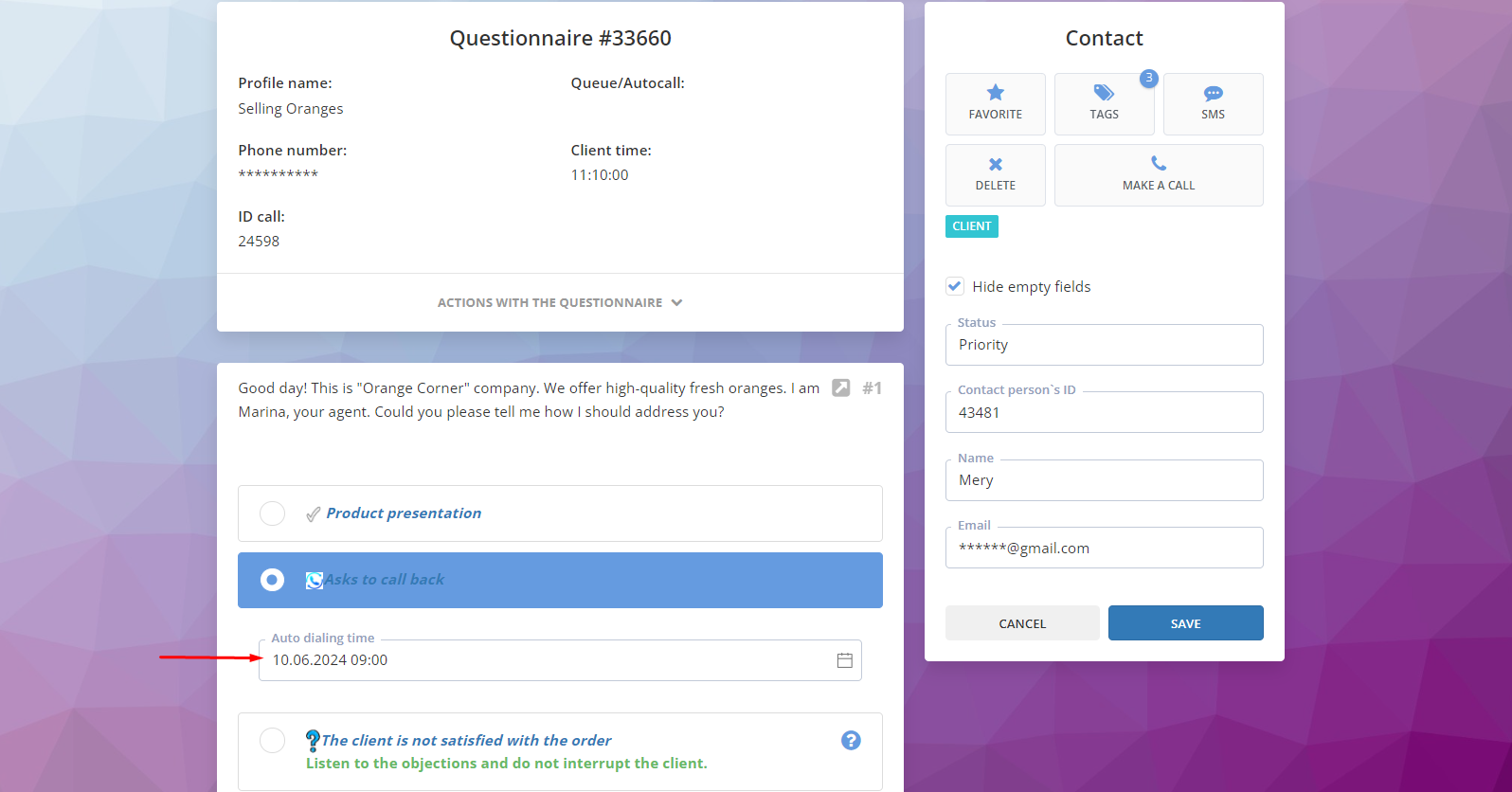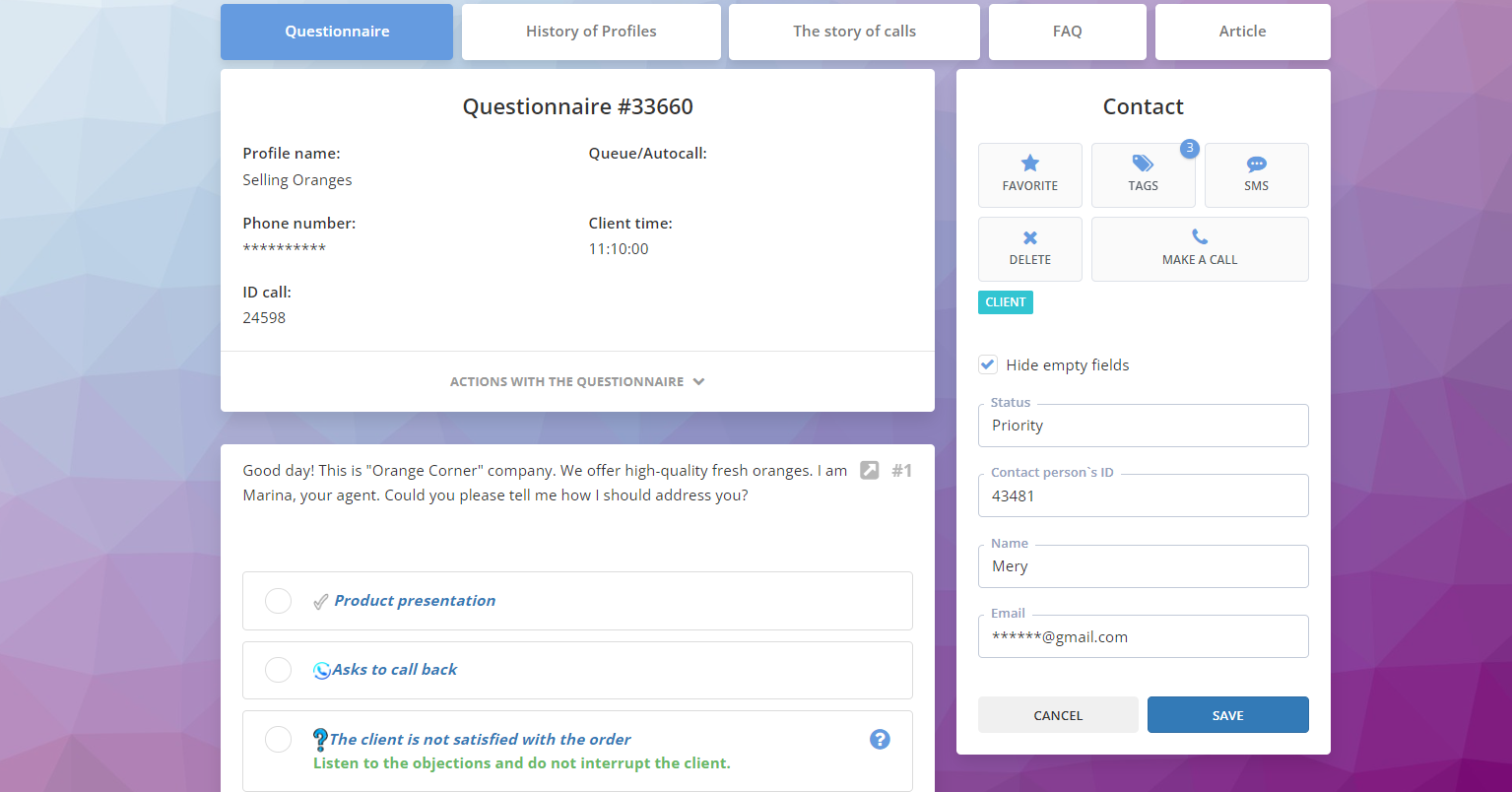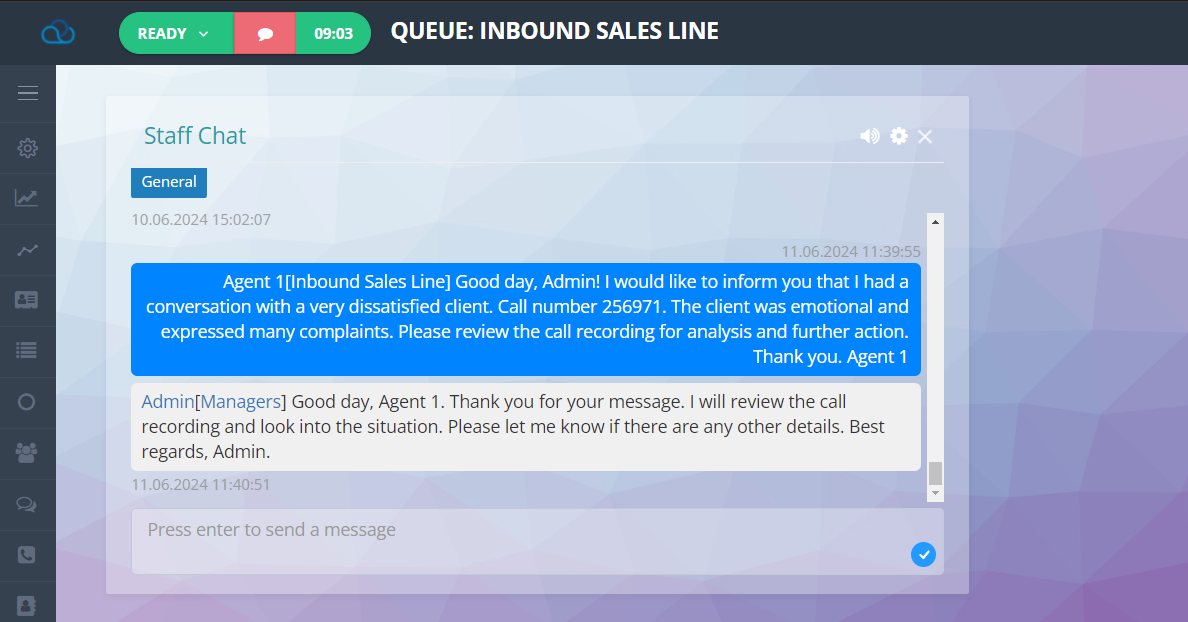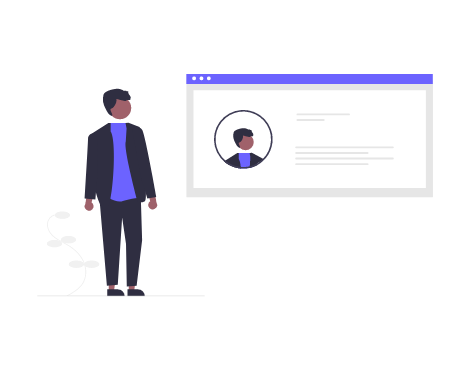Working in a call center means constant interaction with people, not all of whom are happy, unfortunately. Agents often face confrontational clients and the ability to handle them is a key skill in the service industry. Let’s figure out how to work efficiently without compromising your nervous system.
Types of problematic customers
The Loud Critic
The loudest and most irritable. Shouts, interrupts, unwilling to listen to explanations. It’s important for them to express dissatisfaction, often using foul language. The agent’s task is to steer the conversation in a constructive direction.
Phrases that might be useful for the agent:
“I hear your mood is completely ruined, we need to fix this. I’ll ask some questions to clarify the situation, okay?”
“I really want to help you, but I’ll need some clarification. What error message are you getting?”
“Yes, the problem is obvious, I will ask you some clarifying questions, okay?”
The Silent but Unsatisfied Customer
This type doesn’t shout, but dissatisfaction can be heard in their voice. May speak with sarcasm or ask many clarifying questions, showing disbelief in your arguments. It’s important to establish trust with such a caller and not to succumb to provocations.
Example phrases the agent could use:
“I agree, there definitely is a problem. To solve it, allow me to ask a few clarifying questions. Do you have a moment now?”
“I notice some distrust in your voice. Is this due to past negative experiences?”
“Am I correct in understanding that the reason for your dissatisfaction is specifically incorrect software operation?”
The Complaining Customer
Comes with specific complaints and expects quick and clear answers to their questions. They might be prepared and have evidence to support their case. It’s important for them to argue their rightness. The agent should acknowledge their points to reduce doubts and dissatisfaction.
Suitable phrases for the agent:
“Thank you for sharing the details. They will speed up problem resolution. May I ask a couple more questions?”
“Your remarks are very important to us, I want to solve this problem. May I clarify a few points?”
“I see you have documents. Shall we examine them together?”
The Emotional Customer
The person may be upset or even crying. They need not only information but also emotional support. The agent should speak confidently, it will instill trust in the customer. Avoid diminutives and excessive softness
What the agent can respond:
“I’m sorry that you had to face such a situation. Let’s figure it out together, what error do you see on the screen?”
“I am completely on your side, could you explain in more detail what exactly the problem is?”
“Let’s figure out the situation together. For that, I’ll ask a few questions?”
Tips for agents
- Stay calm: The main rule – do not succumb to emotions. The interlocutor may be angry, but you must remain composed. Take a deep breath and stay positive. Remember, you’re a professional, and your task is to help;
- Listen: Often people just want to be heard. Active listening is not just being silent but acknowledging the understanding of your interlocutor’s words;
Phrases like “I understand you”, “Indeed, it’s an unpleasant situation” show that you are on their side;
- Don’t interrupt: When a caller shouts or expresses dissatisfaction, let them express everything that has built up. Interrupting a confrontational customer will only worsen the situation;
- Show empathy: Demonstrate understanding of their feelings. Speak sincerely, show care, so the caller knows their problems and emotions matter to you.
Phrases like “I understand how unpleasant this is for you” or “I’m very sorry you’re experiencing such difficulties” will reduce aggression levels;
- Acknowledge the mistake: If the mistake was indeed on the company’s side, admit it. Honesty and openness build trust. Say you’ll do everything possible to correct the situation;
- Offer a solution: After the caller has vented and you’ve expressed empathy, offer a concrete solution. If you can’t resolve the issue immediately, explain the steps to be taken. Stay honest and objective in your promises;
- Control your tone: Your voice should be calm, confident. Avoid sarcasm and irritation in your voice. Customers sense this, so they react accordingly;
- Speak measuredly: Imagine a panicky voice that quickly starts to cause a headache. That’s what your voice will be like if you speak too fast. It sounds as though you’re in a hurry and trying to quickly “fire off” prepared phrases to be rid of the caller;
- Don’t take it personally: Perhaps the most difficult but important advice. People get angry at the situation, not at you personally. Try not to take their words as an attack on you;
- Learn and grow: Attend training, learn conflict management techniques. Knowledge and skills will add confidence in any situation;
- Stay in touch: If you promised to clarify details or resolve a problem, make sure to do so. If the resolution is delayed, keep the customer informed. Send a message or call them back from the oki-toki operator station. Plan a callback in the CRM profile, selecting the appropriate time from the list or specifying it manually;

What should an agent do after an “angry call”?
Relax: After a tough conversation, it’s important to calm down a bit. Set aside the headset for a minute, stand up, stretch, or walk around to settle your nerves;
Record details: Through contact fields in the profile, note what exactly caused the dissatisfaction and details of the conversation that were revealed during the call. For this, Oki-Toki CRM will come in handy: its extensive functionality will speed up recording all necessary data;

Learn from mistakes: In Oki-Toki, a user can review their call history and listen to them right from the agent’s workstation. This allows for the analysis of the conversation and drawing conclusions about the correctness of dialogue construction;
Pass the information along: Report the problem to your supervisor or quality department. Do this from the agent workstation – send a message in the “Staff Chat” widget.

Accept support: Don’t hesitate to ask for recommendations from your colleagues. Talk about the call, perhaps coworkers will share their experience and offer advice. Remember, you’re one team, help each other out. Read about how to support an agent after an angry call on the blog;
Rest: If the conversation was particularly tough, take a short break. Set the status “Away” to indicate temporary absence from the workstation. Go for a walk, drink some water, just rest for a few minutes. This will help you recover and return to work reenergized.
Working in a call center is challenging, but the right approach will help you deal with confrontational customers. Remember, behind every call is a person with their issues and emotions, and you are the one who can help them. Develop your communication techniques, share knowledge and experience with colleagues, heed their advice. Use oki-toki’s useful features, be patient, attentive, professional, and your job will become a bit easier.



